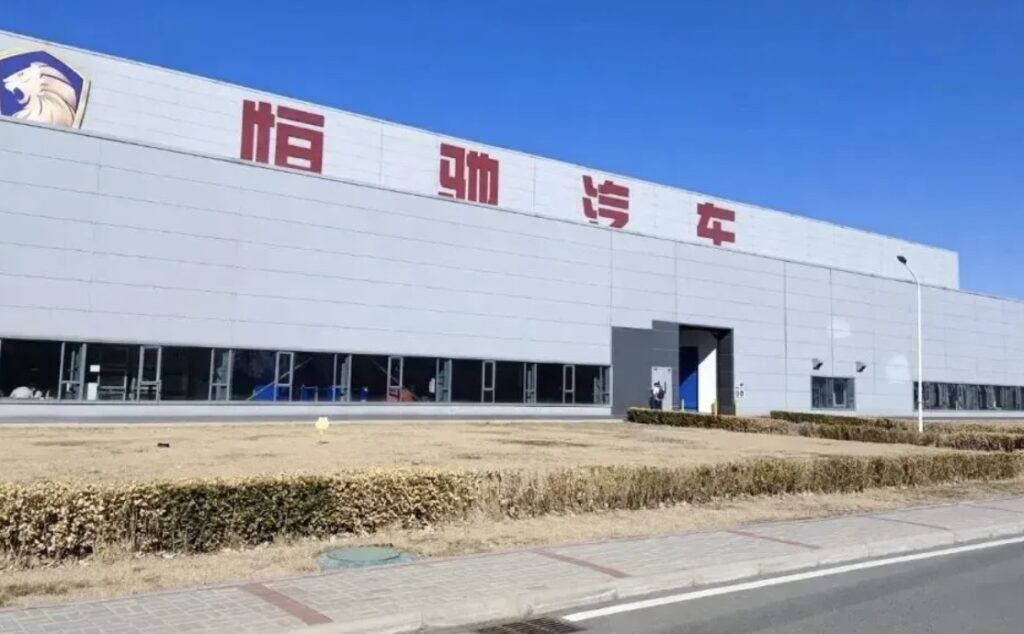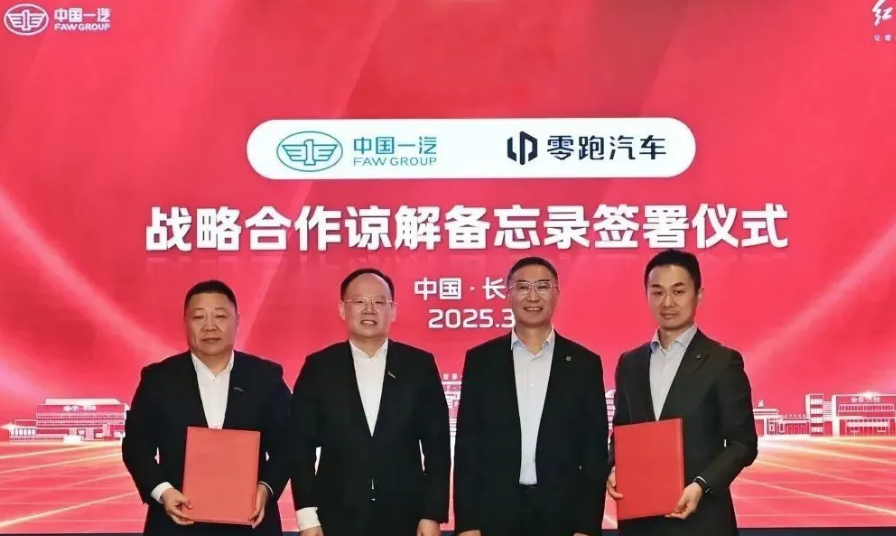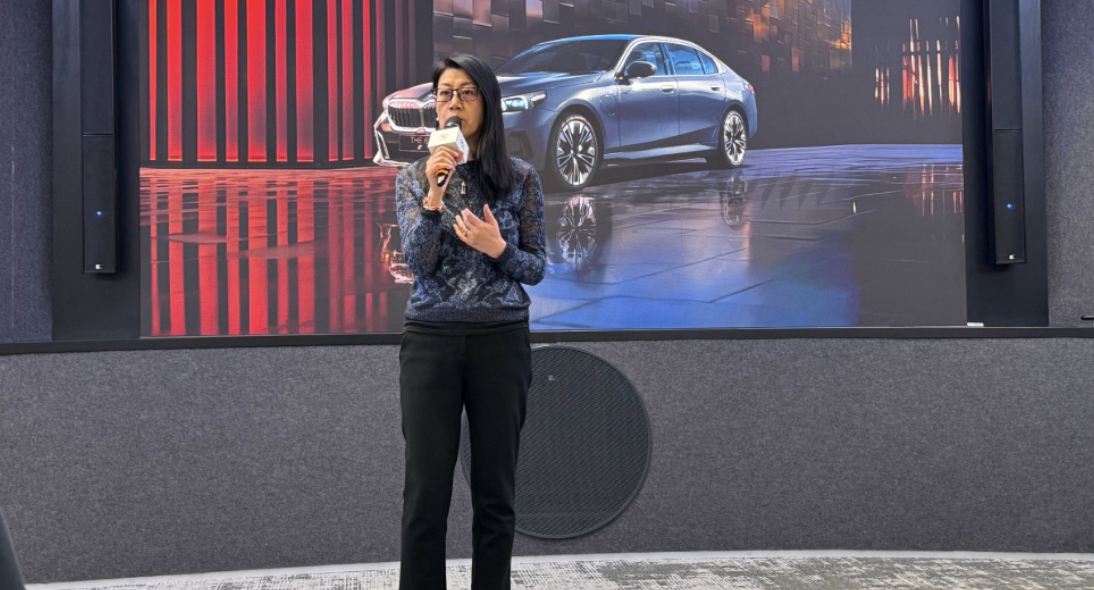On August 7, Evergrande Auto announced that, due to its failure to meet the listing requirements of the Hong Kong Stock Exchange (HKEX), it must comply with supplementary resumption guidance and will continue its trading suspension. According to the announcement, Evergrande Auto must resolve the suspension issues and meet all resumption requirements by September 30, 2026, while fully complying with listing rules. Otherwise, it faces the risk of delisting.

Background of Trading Suspension
On April 1 this year, Evergrande Auto disclosed a delay in releasing its annual financial results for the year ended December 31, 2024, and suspended trading from that date pending the publication of the results. On June 30, the company announced again that, due to ongoing liquidity problems, it could not determine a release date for the 2024 financial report, and shares would remain suspended. At that time, Evergrande Auto admitted it was still facing liquidity issues, noting that despite seeking investments and attempting to sell assets, discussions with potential investors and buyers had not materialized. Apart from its wholly owned subsidiary, Evergrande Hengchi New Energy Auto (Shanghai) Co., Ltd., which had been placed under court-appointed management, several other subsidiaries also received notices for bankruptcy liquidation or asset auctions to settle debts.
Financial Struggles and Efforts
Evergrande Auto has long faced severe cash flow shortages and operational pressures. It has repeatedly tried to attract strategic investors and sell stakes but has failed to close deals. In February, the company announced it had yet to secure any investors or buyers to ease liquidity strains and support restructuring. It also cited the highly challenging market environment for new energy vehicles in China as a barrier to finding partners.
Over the past six months, the company further cut staff and operating expenses to save costs. However, its cash and equivalents remained low, only enough to maintain basic operations such as minimal plant and equipment maintenance. With insufficient funds, the company was unable to guarantee certain services, including audit work by external firms for the 2024 financial year. Evergrande Auto said it would continue its efforts to seek strategic investors or buyers to alleviate liquidity problems.
Production and Sales Challenges
Evergrande Auto’s journey in carmaking has been troubled since its inception. After Evergrande Group’s debt crisis in 2021, the automaker was seen as a lifeline. The group announced plans to transform into a new energy vehicle-focused company within ten years, with real estate as a secondary business. Its first model, the Hengchi 5, launched in August 2022 at 179,000 RMB, was highly anticipated. However, sales were disappointing. As of June 30 last year, the Tianjin plant had produced 1,700 Hengchi 5 vehicles, with only 1,429 delivered.
Weak sales exacerbated losses. Financial statements showed a net loss of 20.257 billion RMB as of June 30 last year, largely attributed to reduced Hengchi 5 sales. In March, Evergrande announced production at its Tianjin plant had been suspended due to funding shortages.
Mounting Setbacks
Factory shutdowns halted sales and worsened financial difficulties. Local governments demanded the cancellation of investment cooperation agreements and the return of subsidies totaling about 1.9 billion RMB, with some subsidiaries jointly liable. In July, Guangzhou’s planning authority reclaimed 437,000 square meters of land in Nansha previously allocated to Evergrande Auto.
Currently, Evergrande Auto is deeply insolvent and faces an increasingly uncertain future. With its cash crisis, stalled operations, and regulatory pressure, its path forward remains highly challenging.



